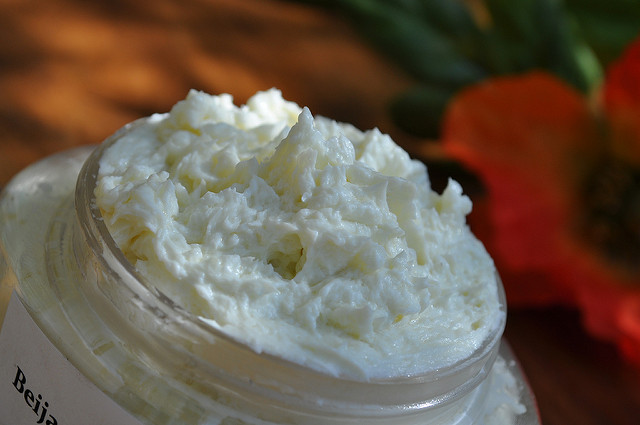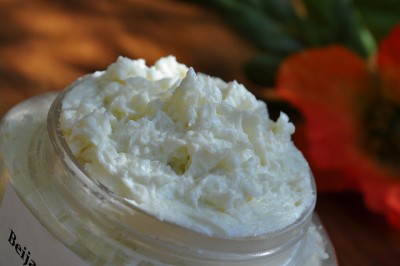Disclosure: This post may contain affiliate links, meaning we get a commission if you decide to make a purchase through our links, at no cost to you. Please read our disclosure for more info.
That toxic ingredients are hidden in cosmetic and personal care products is a known fact, but that hazardous chemicals can be found even in baby skin care is another thing entirely. Unfortunately, most chemicals found in baby products are proven to cause harm to human health, including cancer and reproductive system disorders.
What does “organic” mean?
According to USDA Certified Organic, the term organic in body care refers to products made with at least 95% organic agricultural materials. These agricultural materials are grown using earth-friendly practices without the use of pesticides and other harmful chemicals. In addition, the standards place strict restrictions on what can be used in the remaining 5% of the ingredients. 100 % organic products must contain only organically produced ingredients. Products labelled “containing/made with organic” must contain at least 70% organic substances.
Homemade products
use ingredients found in nature, such as calendula, coconut oil, shea butter, chamomile, etc. This is the safest option as you know which ingredients the product contains. However, if something is natural, it does not mean it is organic. In order to be labelled organic, an agricultural product must be verified by a USDA-accredited certifying agent.
Ready-made products
Providing that products are labelled organic, that only certified organic ingredients are used and they are GMO free, as is the case with Eco Store baby products, a good ready-made alternative to homemade baby care recipes. The two most often used products are baby lotions and baby creams.
Lotions
The baby lotion consists of three types of ingredients. The first group is called the base, which is usually made of organic natural edible oils, including olive oil, coconut oil, olive oil, sunflower oil, sweet almond oil, groundnut oil, organic shea butter, etc. It is also possible for a manufacturer to combine beeswax with these oils.
Medicinal additives are used in baby lotions as they have medicinal properties. Organic essential oils, or extracts of organic medicinal herbs are common medicinal additives. These are extract of Aloe Vera, organic turmeric, calendula, sandal, jojoba, saffron, wheat germ oil, etc.
The third group is reserved for fragrance and color. Unlike in regular products in which artificial fragrance and colors are used, organic skin care manufacturing includes the use of organically grown plants, flower and herbs, such as lavender, saffron and rose water.
Creams
As with lotions, the first group of ingredients forms the base of the cream. The three most common ones are organic beeswax, organic coconut butter and organic shea butter and they are used instead of petroleum gel found in regular baby skin care products. Organic beeswax is edible with no adverse side effects. Organic coconut butter is naturally condensed organic coconut oil. The only drawback is that it melts at room temperature. Organic shea butter is an excellent moisturizer with nutritive properties.
The second layer of baby creams consist of organic Aloe Vera extract and other organic herbal extracts, which are known as medicinal additives. Essential oils are used not only for fragrance and color, but because they are powerful antioxidants, disinfectants and moisturizers.
Why are organic baby skin care products more expensive?
Generally speaking, organic baby skin care products have short shelf life. Without the use of chemicals, the so-called preservatives, the shelf life of most ingredients in organic skin care is around 12 months. In addition, organic ingredients are more expensive than non-organic ones. For example, one ounce of organic rose essential oil is around $500, while the price of non-organic rose essential oil is $280. Products costs are higher since labor inputs are greater and since organic skin care manufacturers do not produce on mass scale.
All in all, organic baby skin care products do not contain toxic substances affecting your baby’s health. When buying these products make sure you read the ingredient list and also see to it that the plants and herbs for homemade recipes are organically grown. Organic products are not cheap, but you will agree, they are worth every penny.


